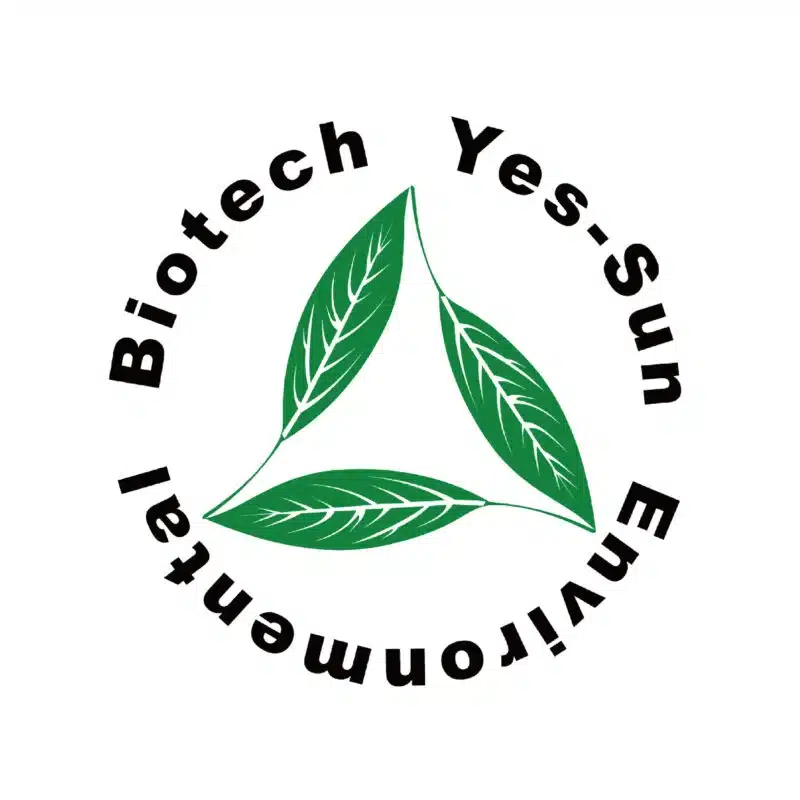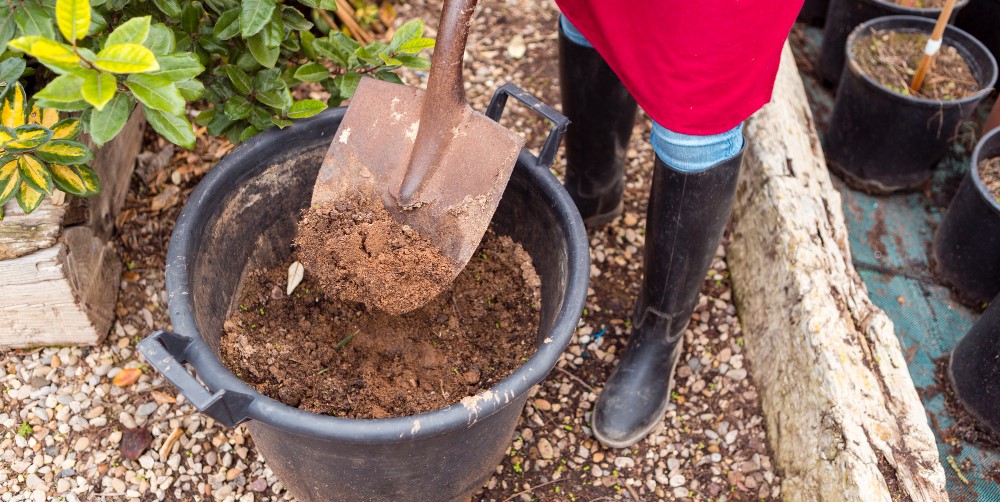Source: Miyamoto, H., Shigeta, K., Suda, W. et al. An agroecological structure model of compost—soil—plant interactions for sustainable organic farming. ISME COMMUN. 3, 28 (2023).
https://www.compostmagazine.com/compost-boosts-nutrition-vegetables-study/
A recent study has made a significant discovery regarding the use of compost in agriculture, particularly its impact on the growth and nutritional quality of vegetables like carrots. Researchers focused on a high-temperature compost containing the bacteria Bacillus, which is common in such composts.
The study revealed that carrots grown with this Bacillus-rich compost not only caught up with but surpassed the control group in terms of size, color, and taste after one month. These carrots exhibited higher levels of antioxidants, amino acids, flavonoids, and carotenoids, suggesting that compost can influence vegetable quality beyond genetic factors.
This finding is crucial as it indicates that compost use could lead to more nutritious crops, beneficial for human health. For instance, the enhanced antioxidant levels in carrots can help in preventing chronic diseases. This has broader implications for global food security and sustainable agriculture, especially considering the problems associated with artificial fertilizers.
Artificial fertilizers, heavily relied upon in modern agriculture, are resource-intensive and contribute to global emissions, ecosystem devastation, and pollution. They are also made from resources like phosphate, which are scarce and may run out soon. Compost, as an alternative, can be more sustainable and environmentally friendly.
While this study offers promising insights, it’s important to note its limitations. It was restricted to a specific type of crop and compost and didn’t compare the Bacillus-containing compost with other compost types or natural fertilizers. Therefore, more research is needed to understand the broader applications and effects of different composts across various crops and conditions.
The study aligns with earlier research and case studies from the 1940s, which also suggest that compost can enhance the health benefits of vegetables. Overall, this research underscores the potential of compost in producing nutritious and environmentally sustainable crops, contributing to a more secure food supply for the future. However, further research is essential to validate and expand these findings.
Discover the future of waste management with composting free technology
Handling organic waste properly can be challenging due to the unpleasant smell and dirty water produced during the composting process. Despite the availability of various composting technologies and equipment in the market, time and pollution remain significant concerns. However, a novel technology that combines patented equipment and enzymes offers a potential solution. This innovative approach can convert organic waste into fertilizer in just a few hours, and most importantly, without causing pollution.
Learn more


 中文 (台灣)
中文 (台灣) Bahasa Indonesia
Bahasa Indonesia Tiếng Việt
Tiếng Việt Bahasa Melayu
Bahasa Melayu Français
Français Español
Español Português
Português